Home>Articles>What Type Of Electrical Cord Do I Need For Sink Disposal
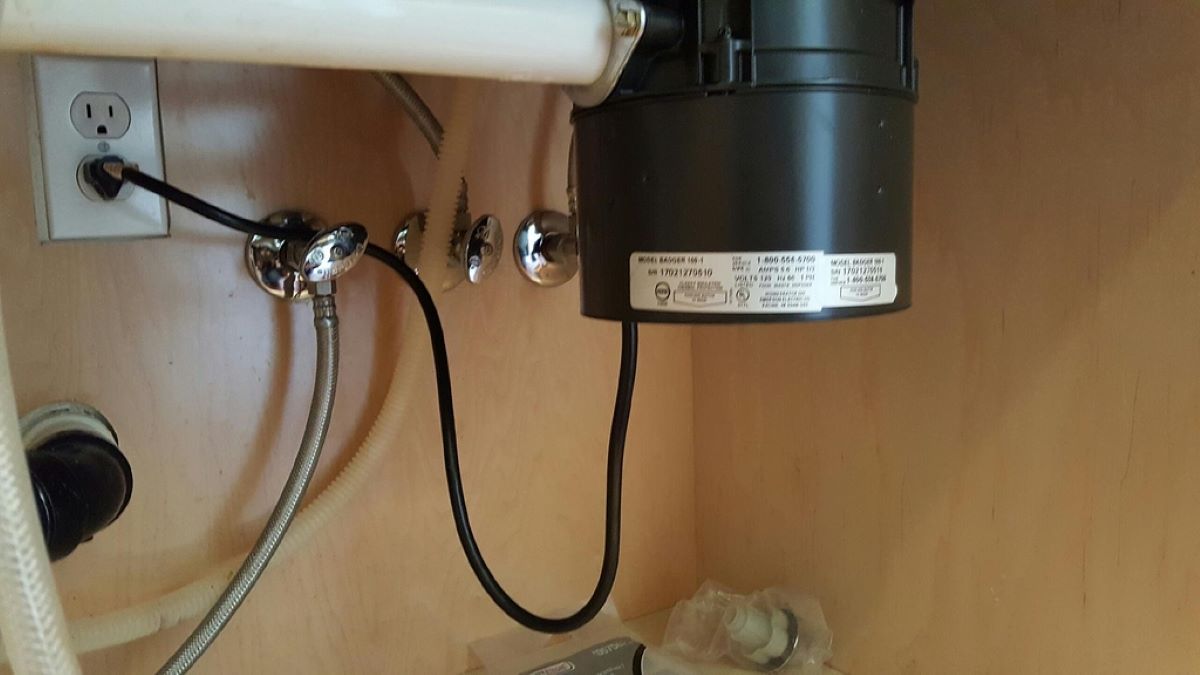

Articles
What Type Of Electrical Cord Do I Need For Sink Disposal
Modified: December 7, 2023
Learn about the different types of electrical cords needed for sink disposals with our helpful articles. Find the right cord for your needs and ensure proper installation.
(Many of the links in this article redirect to a specific reviewed product. Your purchase of these products through affiliate links helps to generate commission for Storables.com, at no extra cost. Learn more)
Introduction
When it comes to installing a sink disposal unit, one of the key considerations is the type of electrical cord that is needed. While it may seem like a small detail, choosing the right cord is crucial for ensuring the proper functioning and safety of the disposal unit.
In this article, we will explore the different types of electrical cords that can be used for sink disposals. We will also discuss the factors you need to consider before making your decision. By the end of this article, you will have a clear understanding of the electrical requirements for a sink disposal unit and be able to choose the right cord for your specific needs.
Key Takeaways:
- Choose the right electrical cord for your sink disposal unit by considering factors like installation method, length, gauge, power requirements, safety features, and building codes. Prioritize safety and consult a professional for guidance.
- Opt for a GFCI-protected electrical cord to add an extra layer of safety for your sink disposal unit, especially in wet areas like the kitchen. Ensure compliance with building codes and prioritize proper installation for peace of mind.
Read more: What Electrical Cord Do I Need For My RV
Understanding the Electrical Requirements for a Sink Disposal
Before delving into the various types of electrical cords available for sink disposals, it is important to understand the electrical requirements for these units. Sink disposals typically operate on 110-120 volts AC and require a dedicated circuit.
This means that the disposal unit should not share an electrical circuit with other appliances or fixtures. Having a dedicated circuit ensures that the disposal unit receives enough power to function properly and reduces the risk of tripped breakers or overloaded circuits.
In addition to a dedicated circuit, it is also important to have a proper electrical outlet near the sink area where the disposal will be installed. This outlet should be grounded and equipped with a ground fault circuit interrupter (GFCI) for added safety.
The GFCI functions by automatically shutting off the power if it detects any current leakage, preventing electrical shocks. This feature is especially important in wet areas like the kitchen, where sink disposals are typically installed.
It is crucial to ensure that your home’s electrical system is capable of supporting a sink disposal unit. If you are unsure about the electrical requirements or the capacity of your home’s electrical system, it is recommended to consult a licensed electrician to assess and make any necessary modifications.
Factors to Consider Before Choosing an Electrical Cord
When it comes to choosing an electrical cord for a sink disposal, there are several factors that you should consider. These factors will help you determine the appropriate cord type for your specific installation needs. Let’s take a closer look at these factors:
- Installation Method: The first factor to consider is the installation method of the sink disposal. Will it be a plug-in installation or a hardwired installation? This will dictate the type of electrical cord you will need.
- Length: Measure the distance between the sink disposal unit and the closest electrical outlet. Ensure that the cord’s length is sufficient to reach the outlet without being taut or stretched. It’s always better to have a slightly longer cord than a shorter one.
- Cord Gauge: The gauge of the cord refers to the thickness of the wire. A lower gauge number indicates a thicker wire, which can handle higher electrical loads. For sink disposals, a 14-gauge or 12-gauge cord is typically recommended.
- Power Requirements: Verify the power requirements of your sink disposal unit. This information can usually be found in the product manual or on the unit itself. Ensure that the electrical cord you choose can handle the required power without overheating or causing any electrical issues.
- Safety Features: Consider any additional safety features that you may want in your electrical cord. For instance, a GFCI-protected cord provides an extra layer of protection against electrical shocks, making it an ideal choice for sink disposals.
- Building Codes and Regulations: Familiarize yourself with the building codes and regulations in your area. Some jurisdictions may have specific requirements for electrical cords used in sink disposal installations. Adhering to these regulations ensures both safety and compliance.
Take the time to carefully consider these factors before making your decision. Consulting with a professional electrician can also provide valuable insights and guidance in choosing the right electrical cord for your sink disposal.
Types of Electrical Cords for Sink Disposals
Now that you are aware of the factors to consider, let’s explore the different types of electrical cords available for sink disposals. Here are three common options:
- Option 1: Plug-In Electrical Cord: This type of cord is the easiest to install and allows for flexibility in moving or replacing the sink disposal unit. It comes with a plug on one end that can be easily inserted into a nearby electrical outlet. Plug-in cords are available in various lengths and gauges to suit your specific needs.
- Option 2: Hardwired Electrical Cord: A hardwired electrical cord involves connecting the cord directly to your home’s electrical system. This type of installation eliminates the need for a visible cord and provides a more streamlined appearance. However, hardwiring requires professional electrical expertise and may not be suitable for everyone.
- Option 3: GFCI-Protected Electrical Cord: As mentioned earlier, a GFCI-protected electrical cord adds an extra layer of safety to your sink disposal installation. It features built-in protection against electrical shocks and is recommended for installations in wet areas like the kitchen. GFCI-protected cords are available in both plug-in and hardwired options.
When deciding which type of electrical cord to choose, consider your specific installation requirements, personal preferences, and the advice of a licensed electrician if needed. Each option has its own advantages and considerations, so make sure to weigh them carefully before making your decision.
It is important to note that regardless of the type of cord you choose, always follow the manufacturer’s instructions and ensure that the cord is compatible with your sink disposal unit. Safety should always be the top priority when working with electricity.
When choosing an electrical cord for a sink disposal, look for a heavy-duty cord rated for outdoor use to ensure safety and durability. Make sure it is the appropriate length for your installation and has a grounded plug for added protection.
Option 1: Plug-In Electrical Cord
One of the most convenient and widely used options for connecting a sink disposal unit to the electrical supply is a plug-in electrical cord. This type of cord is easy to install and provides flexibility in terms of moving or replacing the disposal unit in the future.
Plug-in electrical cords come with a plug on one end and a connector or terminal on the other end that connects to the disposal unit. The plug is designed to fit into a standard electrical outlet, making the installation process simple and straightforward.
Here are some key points to consider when using plug-in electrical cords:
- Easy Installation: Plug-in cords can be easily installed without the need for professional electrical expertise. Simply plug the cord into a nearby electrical outlet, ensuring that the outlet is the appropriate voltage and amperage for the sink disposal unit.
- Flexibility: The plug-in design allows for easy relocation or replacement of the sink disposal unit if needed. This can be particularly useful if you plan to remodel your kitchen or need to move the unit to a different location.
- Length and Gauge Options: Plug-in cords are available in various lengths and gauges to accommodate different installation requirements. Measure the distance between the disposal unit and the electrical outlet to determine the appropriate cord length. Consider the power requirements of the unit and choose a cord with an appropriate gauge for efficient and safe operation.
- Compatibility: Ensure that the plug-in electrical cord you choose is compatible with your specific sink disposal unit. It’s important to select a cord that matches the voltage and amperage requirements of the unit to prevent any electrical issues or damage.
- Safety Considerations: While plug-in cords offer convenience, it is essential to prioritize safety. Make sure the cord is installed in a location where it is not easily tripped or exposed to water. Additionally, ensure that the electrical outlet is grounded and, if required by local regulations, equipped with a ground fault circuit interrupter (GFCI) for added safety.
Plug-in electrical cords provide a practical and versatile solution for connecting sink disposals to the electrical supply. Follow the manufacturer’s instructions and any local electrical codes or regulations to ensure a safe and reliable installation. If you are unsure about the installation process, consult with a licensed electrician for expert guidance.
Read more: What Do I Need For An Electrical Cord ARK
Option 2: Hardwired Electrical Cord
Another option for connecting a sink disposal unit to the electrical supply is a hardwired electrical cord. Unlike a plug-in cord, a hardwired cord is directly connected to your home’s electrical system, providing a more streamlined and concealed installation.
Hardwiring requires professional electrical expertise and should only be attempted by a licensed electrician who is knowledgeable in electrical installations. Here are some key points to consider when opting for a hardwired electrical cord:
- Professional Installation: Hardwiring a sink disposal unit involves connecting the cord directly to your home’s electrical system. This requires specialized knowledge and expertise, so it is recommended to hire a licensed electrician to perform the installation.
- Streamlined Appearance: One of the primary benefits of a hardwired cord is its concealed installation. Since there is no visible cord, the sink area appears neater and more aesthetically pleasing.
- Permanent Connection: Once the hardwired cord is installed, it creates a permanent and secure connection between the sink disposal unit and the electrical supply. This eliminates the need to worry about loose or disconnected plugs.
- Adherence to Electrical Codes: Hardwiring should be done following local electrical codes and regulations. A licensed electrician will ensure that the installation complies with these codes to maintain safety and compliance.
- Compatibility and Safety: Ensure that the hardwired electrical cord used is compatible with your specific sink disposal unit. The cord should match the voltage and amperage requirements of the unit to prevent any electrical issues or damage. Additionally, it is essential to follow safety precautions and ensure proper grounding for the installation.
It is important to note that hardwiring may not be suitable for everyone, especially those who may need to move or replace their sink disposal unit in the future. Consider your specific circumstances and consult with a licensed electrician to determine if hardwiring is the right choice for your installation needs.
Remember to prioritize safety and only trust the installation to a qualified professional who can ensure the proper connection of the hardwired cord to your home’s electrical system.
Option 3: GFCI-Protected Electrical Cord
When it comes to ensuring the utmost safety for your sink disposal unit, opting for a GFCI-protected electrical cord is an excellent choice. GFCI, which stands for Ground Fault Circuit Interrupter, is a device that provides an additional layer of protection against electrical shocks and short circuits.
A GFCI-protected electrical cord is available in both plug-in and hardwired options, providing flexibility in installation. Here are some key points to consider when choosing a GFCI-protected cord:
- Enhanced Safety: The primary benefit of a GFCI-protected electrical cord is its ability to detect any imbalance in the electrical current. If it detects a leakage or diversion of current, the GFCI device quickly shuts off power to prevent electrical shocks. This feature is particularly important for sink disposals installed in wet areas, such as kitchens, where the risk of water contact is higher.
- Compliance with Electrical Codes: Many building codes require GFCI protection for electrical circuits in wet areas. Installing a GFCI-protected electrical cord demonstrates compliance with these codes and ensures a safe installation.
- Dual Functionality: GFCI-protected electrical cords not only provide protection for the sink disposal unit but also protect all other outlets connected to the GFCI circuit. This means that any electrical appliances or devices plugged into the same circuit will also benefit from the added safety features.
- Variety of Options: GFCI-protected cords are available in different lengths and gauges to suit various installation requirements. Whether you choose a plug-in or hardwired option, make sure to select a cord that matches the voltage and amperage requirements of your sink disposal unit.
- Professional Installation: While plug-in GFCI-protected cords can be installed by homeowners, hardwired GFCI installations should be done by a licensed electrician. Professionals will ensure proper wiring and compliance with local electrical codes.
When it comes to safety, a GFCI-protected electrical cord is an excellent investment. It adds an extra layer of protection and peace of mind, particularly in areas where moisture is present.
Remember to regularly test the GFCI device to ensure it is functioning properly. Follow the manufacturer’s instructions for testing procedures and consult an electrician if you encounter any issues.
Choose a GFCI-protected electrical cord that suits your installation needs and consult with a licensed electrician for expert guidance and installation assistance.
Conclusion
Installing a sink disposal unit involves careful consideration of the appropriate electrical cord to ensure both functionality and safety. Before making your decision, it is essential to understand the electrical requirements of a sink disposal and consider various factors that influence your choice.
We explored three common options for electrical cords: plug-in cords, hardwired cords, and GFCI-protected cords. Each option has its advantages and considerations.
A plug-in electrical cord offers convenience and flexibility, allowing for easy installation and potential future unit relocation. It is important to choose the right cord length, gauge, and ensure compatibility with the disposal unit.
A hardwired electrical cord provides a streamlined installation and eliminates the visibility of cords. However, it requires professional expertise to ensure a safe and compliant installation. Consider the aesthetics and permanence of this option, along with adhering to electrical codes.
Opting for a GFCI-protected electrical cord adds an extra layer of safety, especially in wet areas like the kitchen. This option protects against electrical shocks and ensures compliance with building codes that require GFCI protection. Take into account the different options available and ensure proper installation according to manufacturer instructions and local regulations.
In conclusion, choosing the right electrical cord for your sink disposal unit is crucial for proper functionality and safety. Consider your specific installation needs, consult professionals when necessary, and prioritize adherence to electrical codes. By doing so, you can enjoy a well-functioning sink disposal while maintaining a safe and efficient electrical connection.
Frequently Asked Questions about What Type Of Electrical Cord Do I Need For Sink Disposal
Was this page helpful?
At Storables.com, we guarantee accurate and reliable information. Our content, validated by Expert Board Contributors, is crafted following stringent Editorial Policies. We're committed to providing you with well-researched, expert-backed insights for all your informational needs.
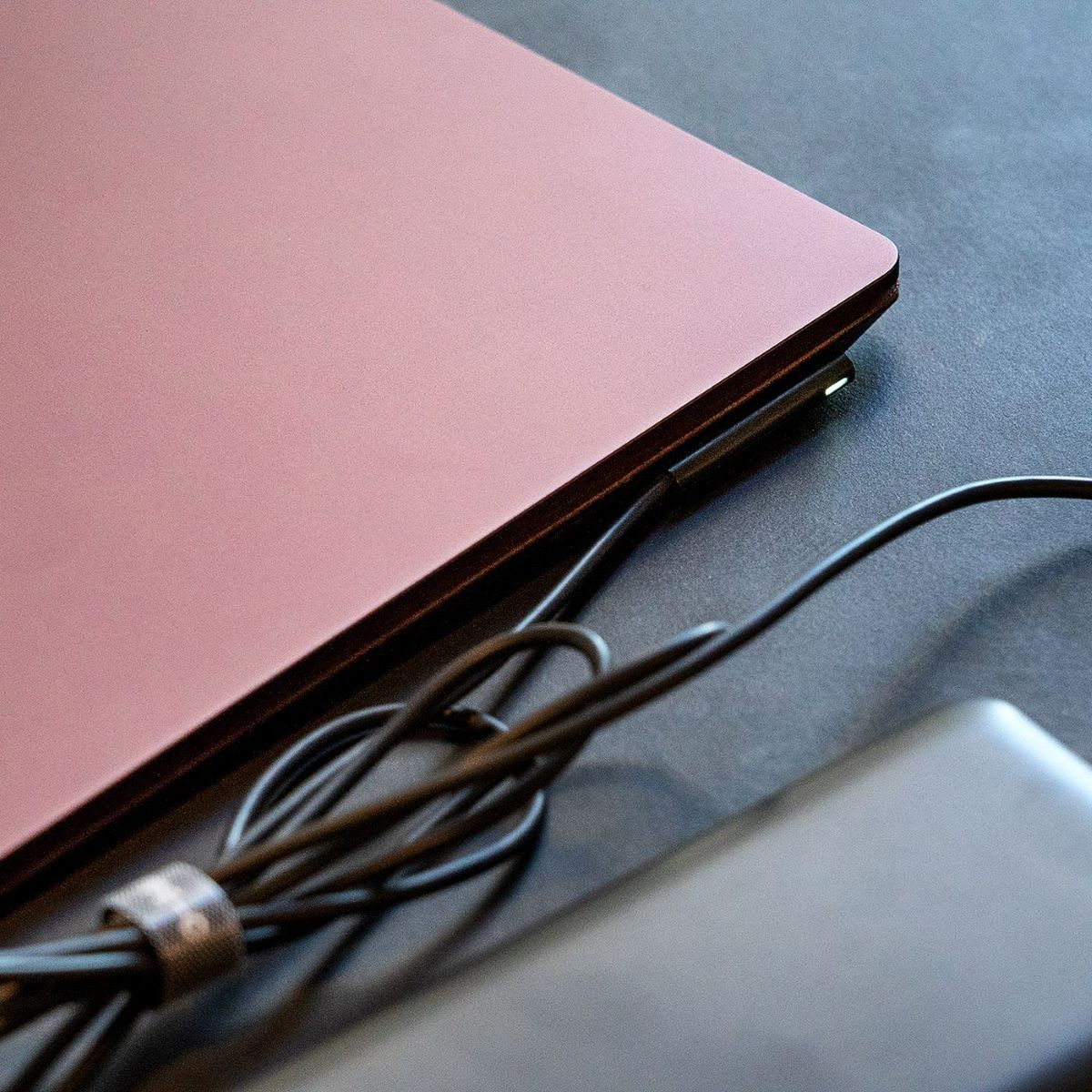
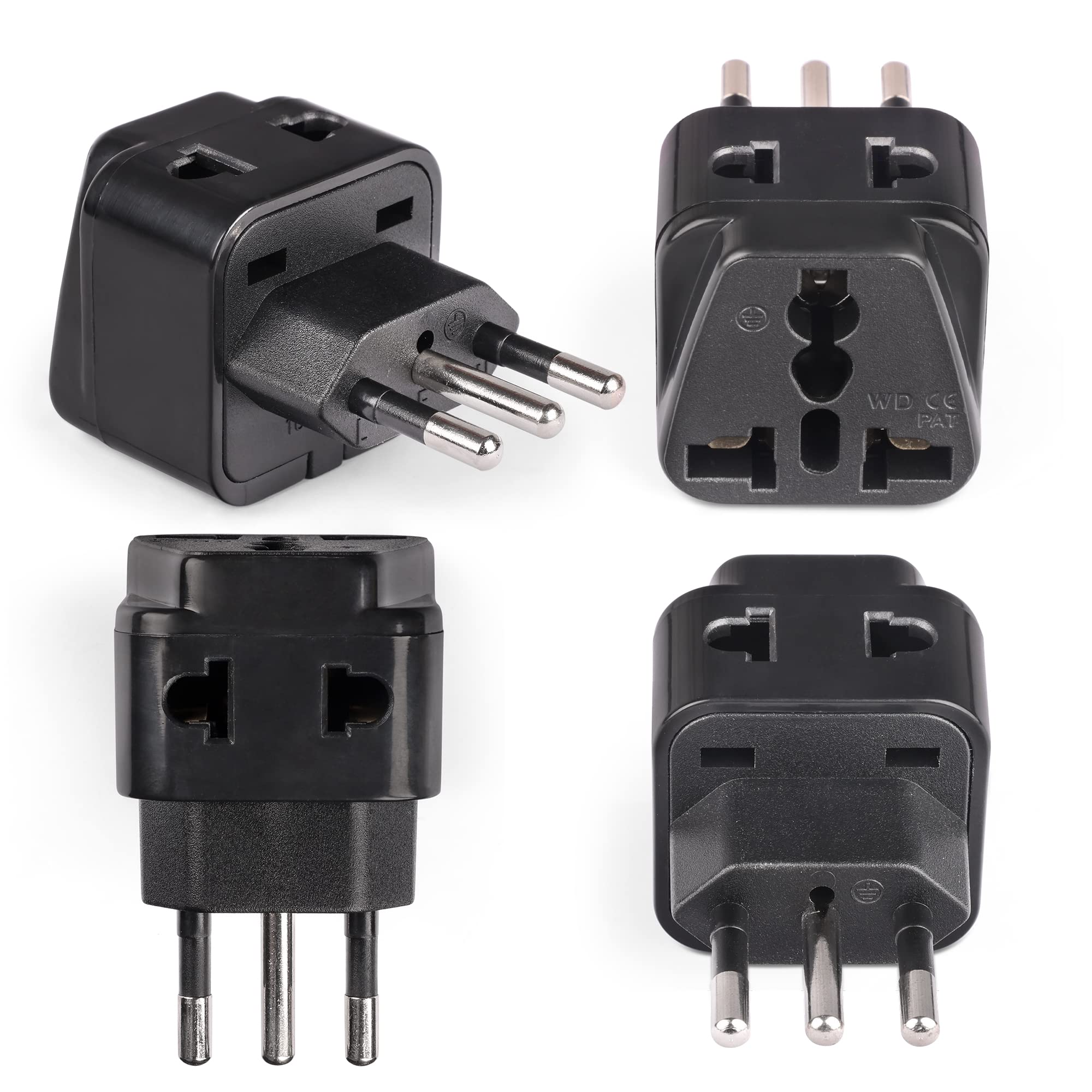
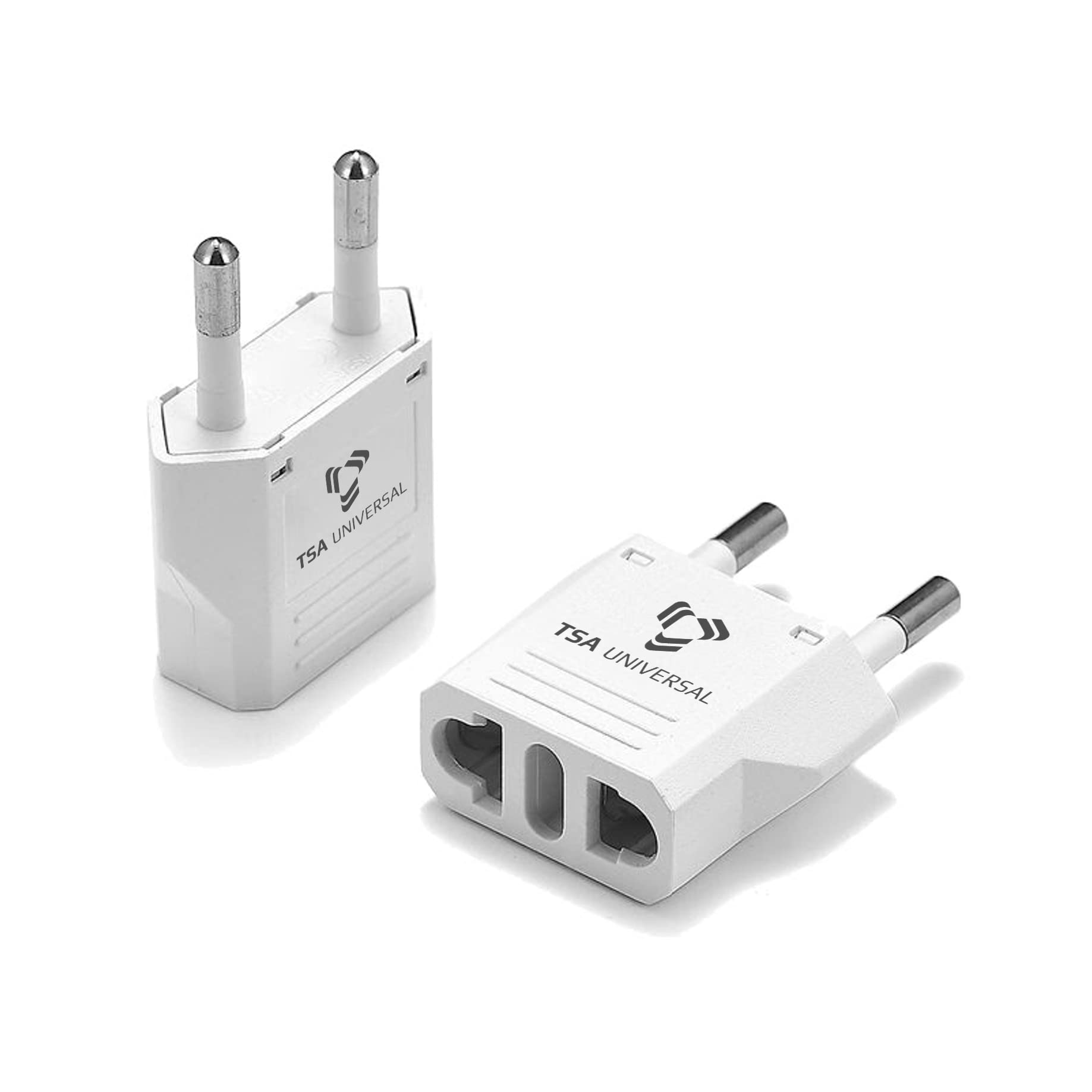
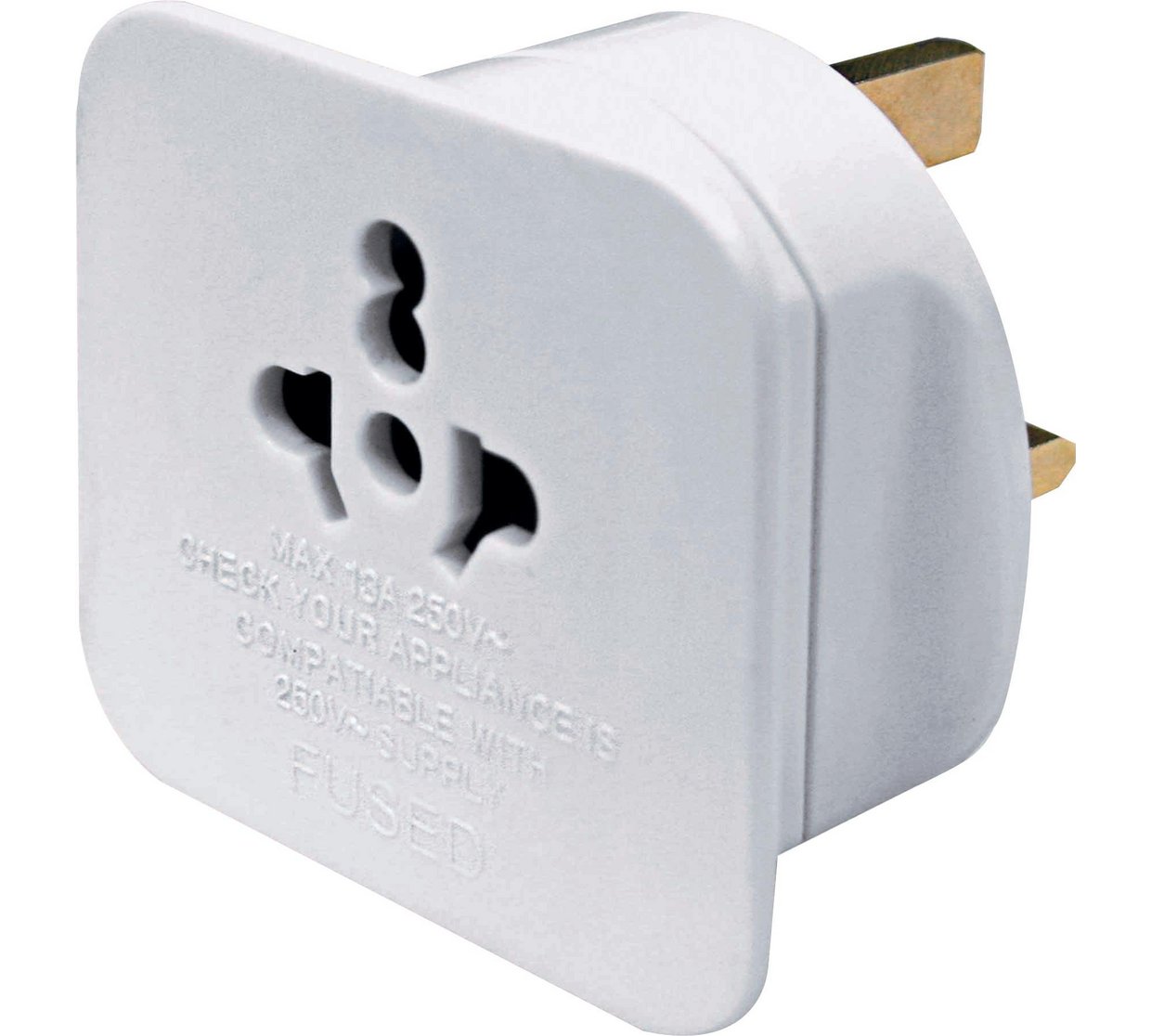
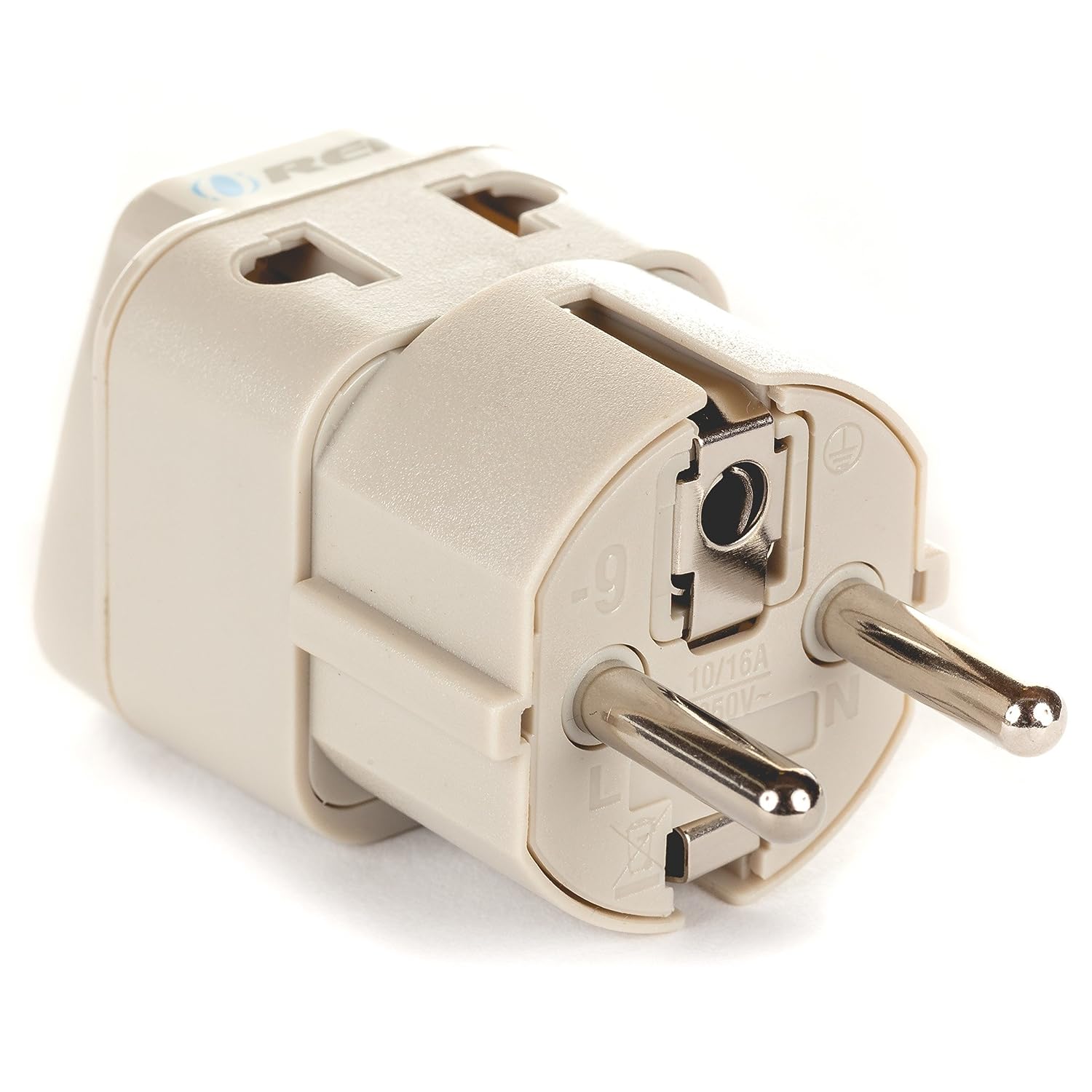
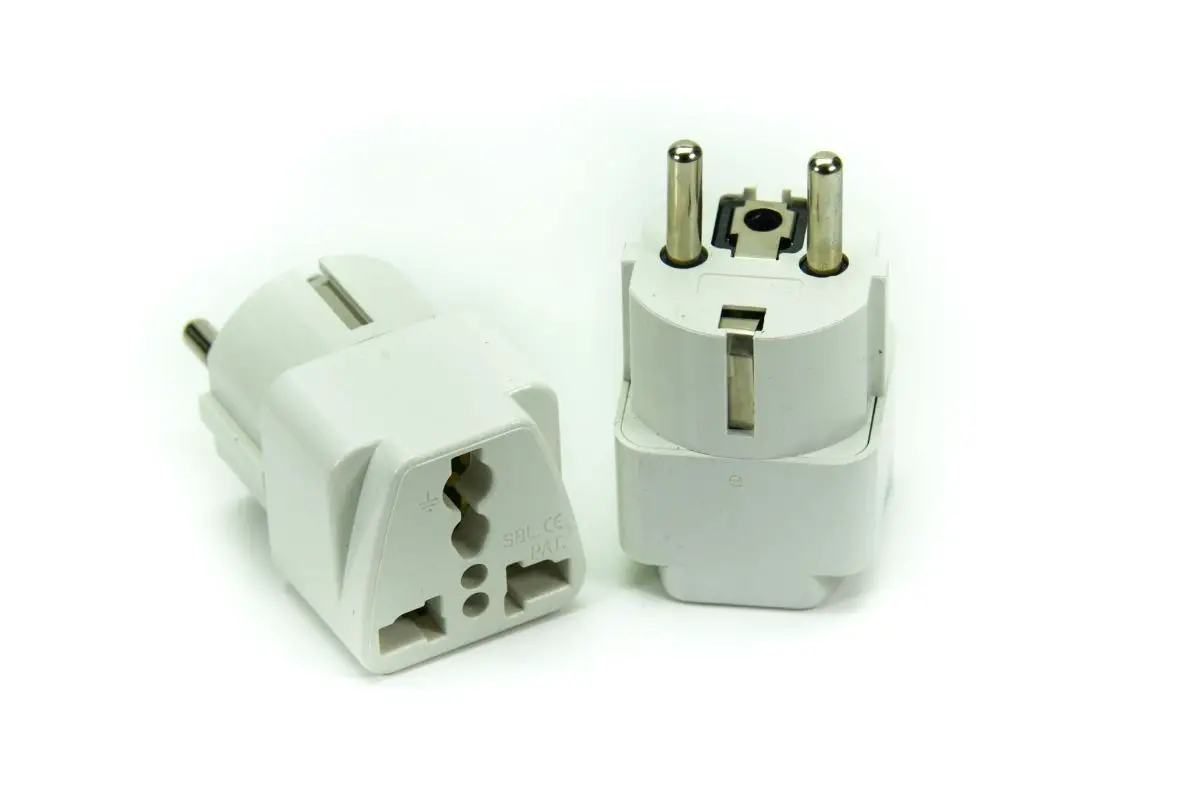

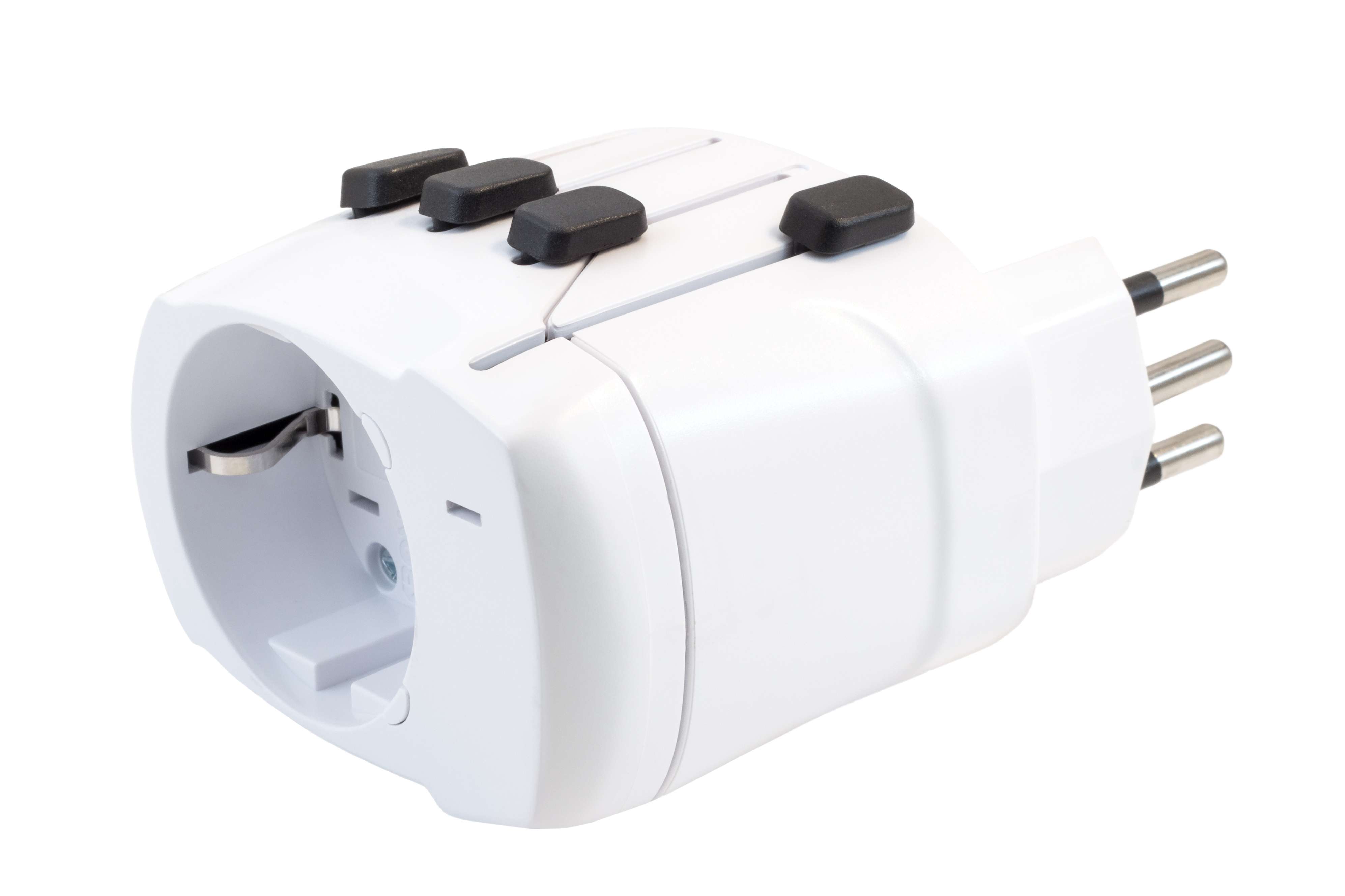
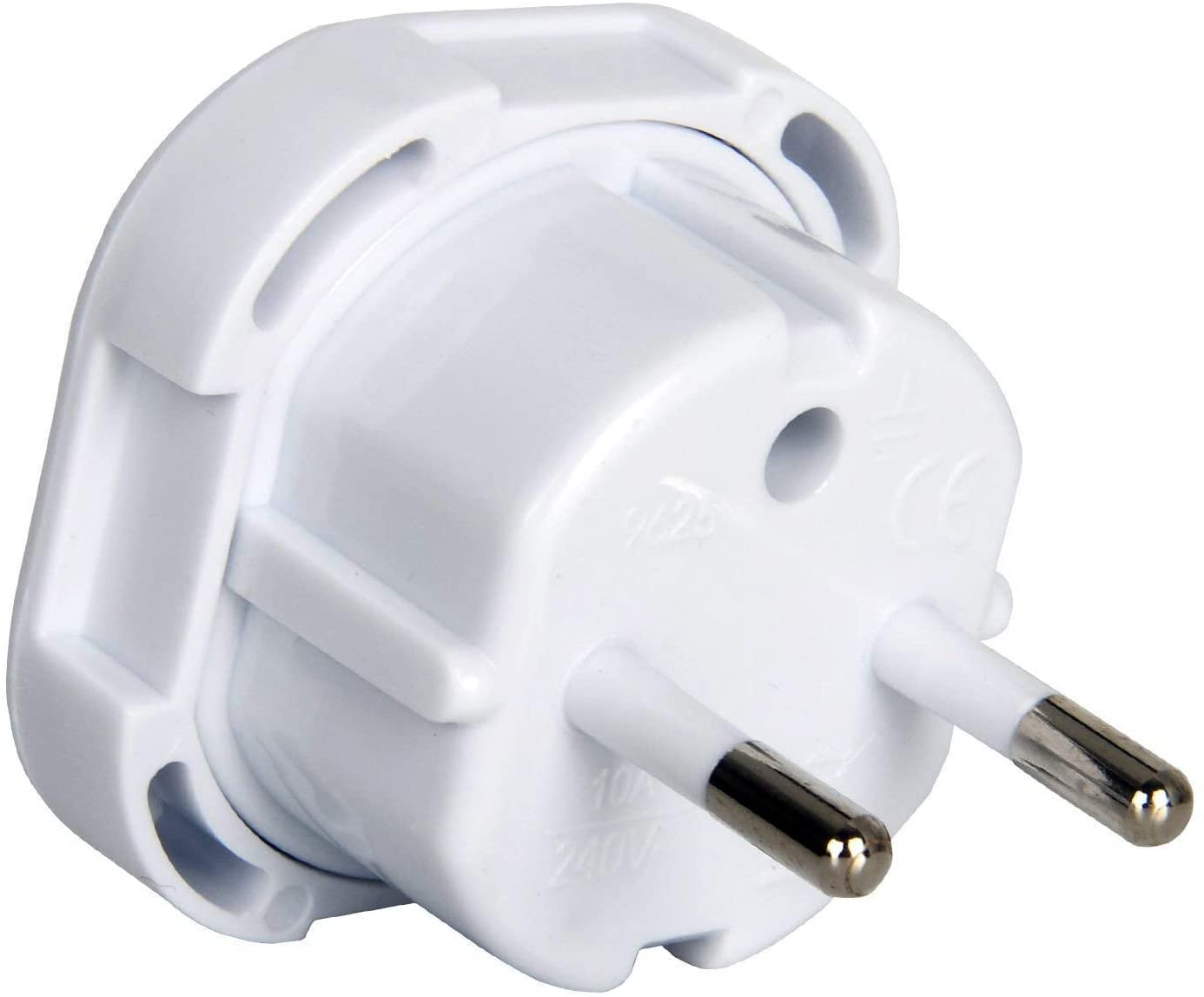
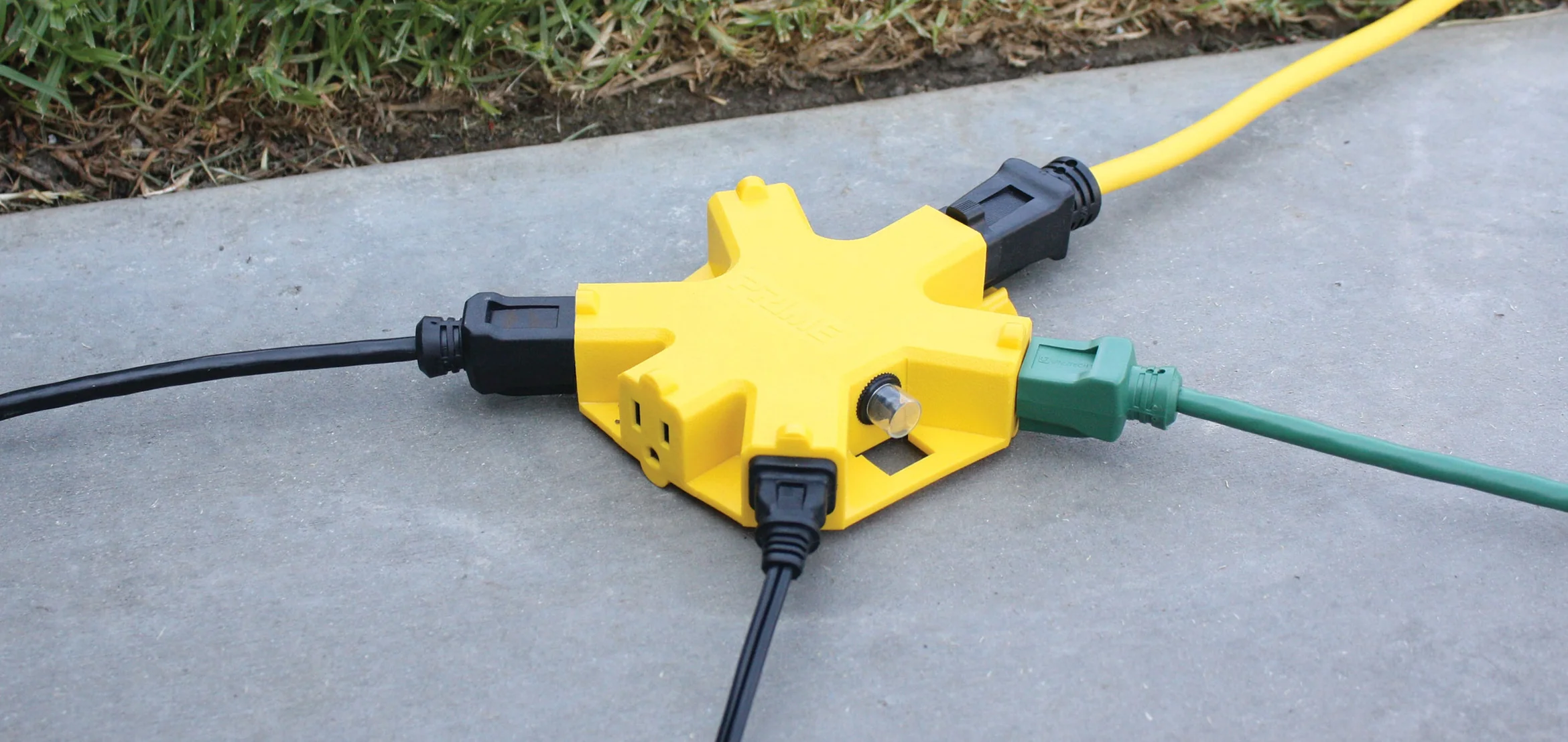
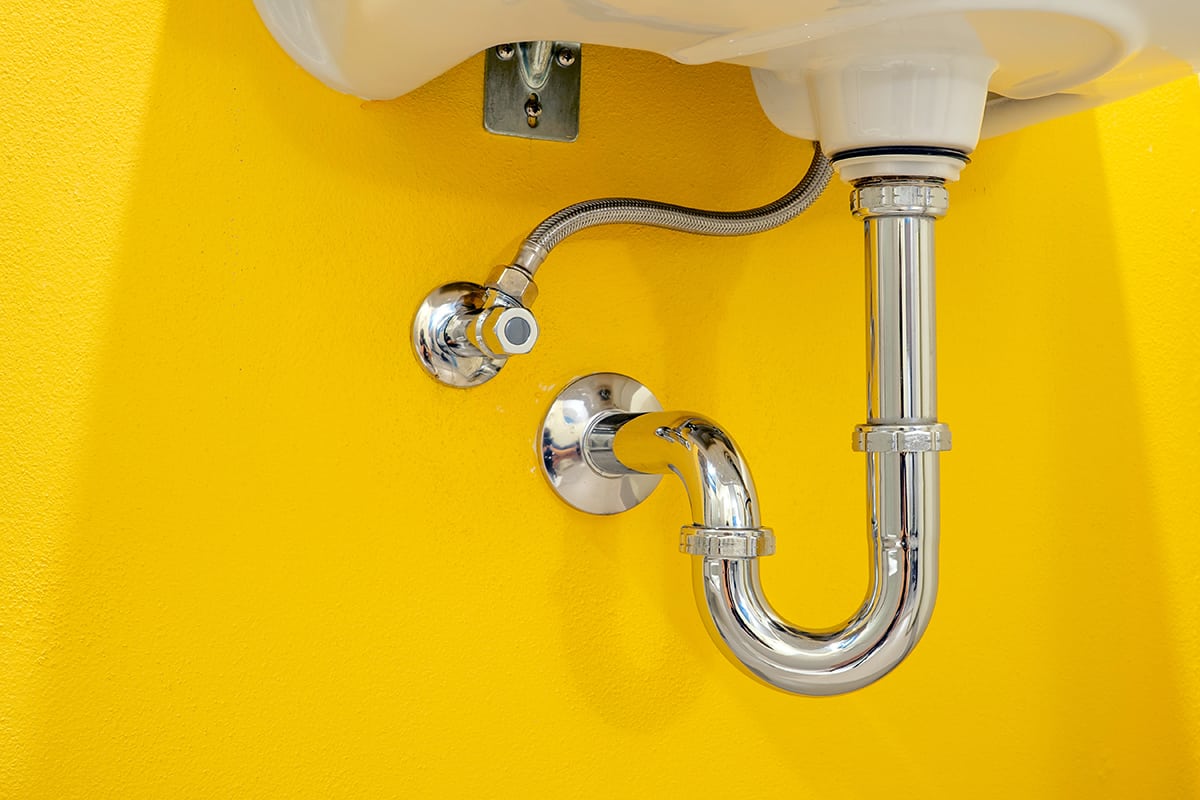

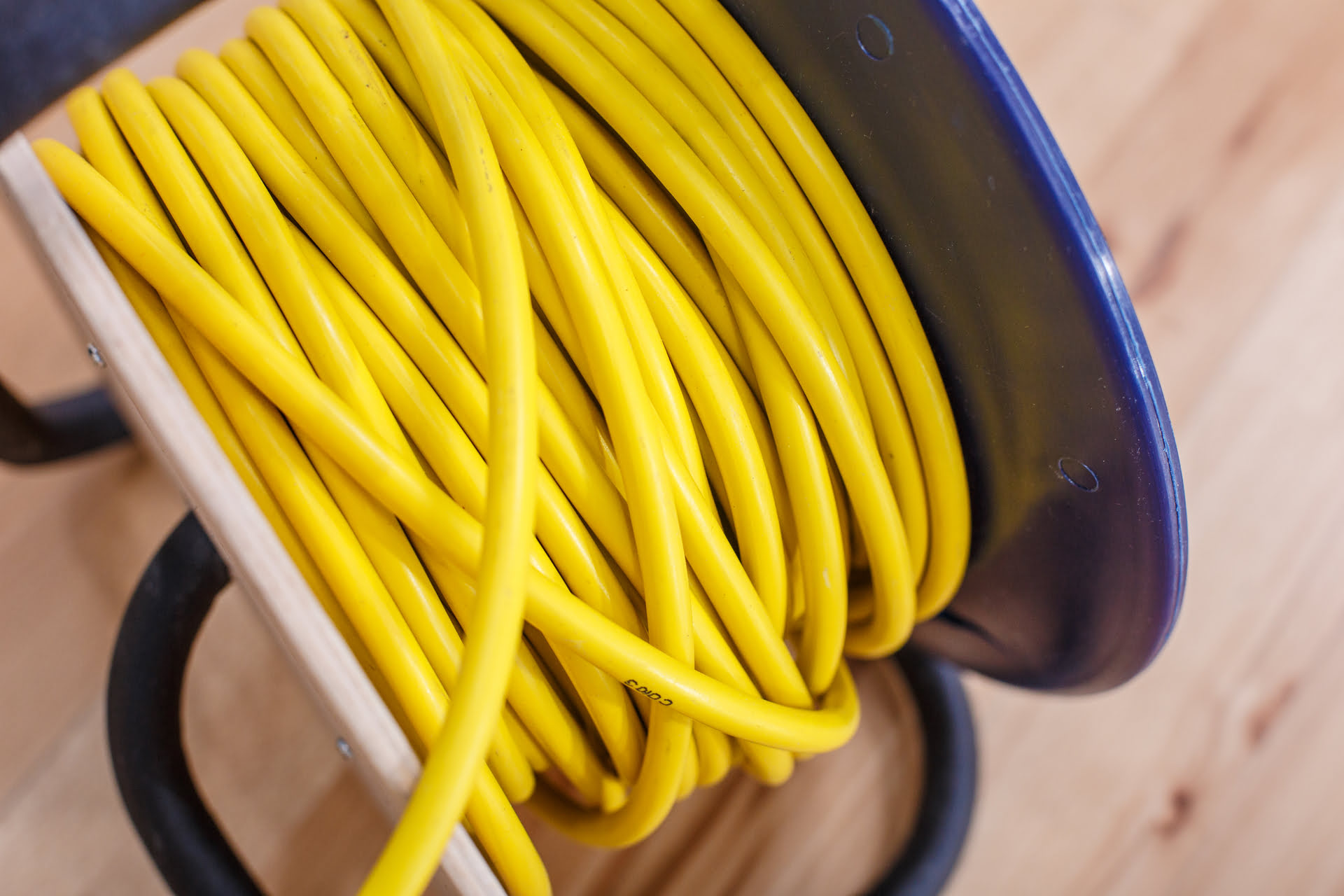
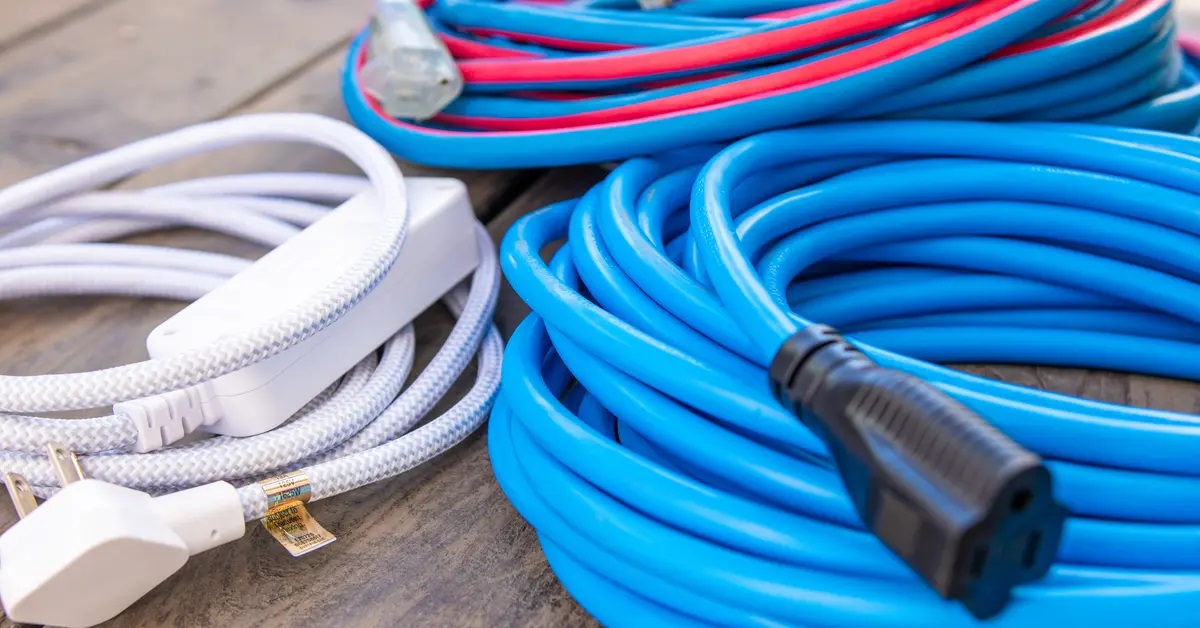

0 thoughts on “What Type Of Electrical Cord Do I Need For Sink Disposal”